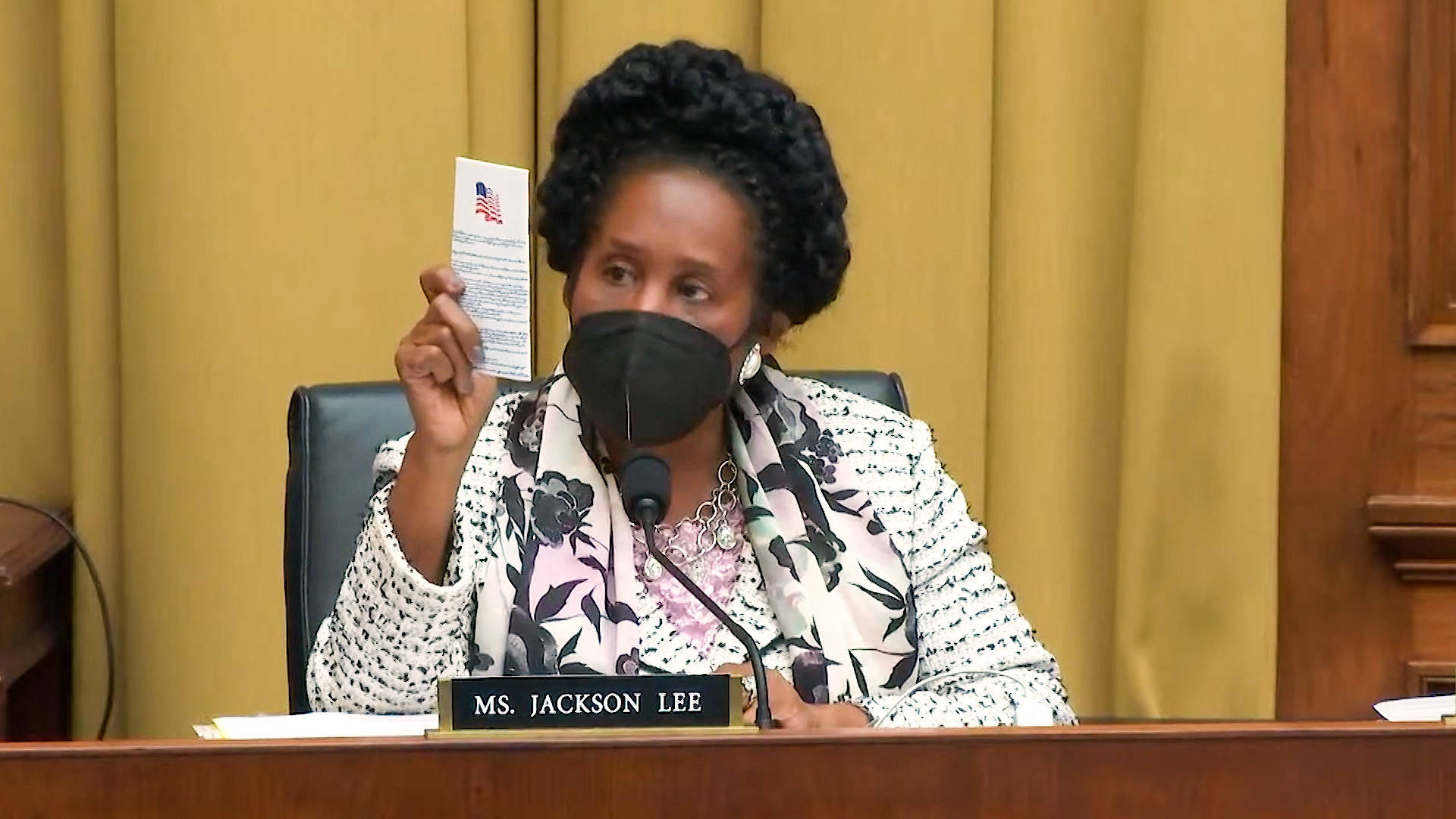On April 14th, the House Judiciary Committee approved a bill that was first introduced by the late Rep. John Conyers over 30 years ago. The primary objective of the H.R.40 bill is to establish a commission that will “examine slavery and discrimination in the colonies and the United States from 1619 to the present.” The name of the bill, H.R.40, refers to the 40 acres of land that the government failed to provide to previously enslaved Black people. The bill doesn’t just address the history of slavery in the United States but also the systemic racism experienced by Black people today. The bill, under the radar since its introduction in 1989, was only just now approved by the committee.
Currently, the bill has 180 co-sponsors in the House and is very likely to earn votes there but it might face obstruction in the Senate. It will need votes from all 50 Democratic and 10 Republican senators. This level of support might be unlikely from the Republican Party. However, considering that as many as 17 Republican members of the House Judiciary Committee approved the bill, it might have a chance at the Senate as well.
With a consistent increase in police brutality and anti-Black racism, racial justice activism has been growing across the country. It is crucial for the government to recognize this and to provide African-American people their long overdue reparations. According to data by Mapping Police Violence, a project aimed at documenting systemic anti-Black racism in the U.S., “there have only been 3 days in 2021 where police did not kill someone.” The police have killed 319 people in the first 108 days of this year. This includes children as young as 13-year-old Adam Toledo and 16-year-old Ma’Khia Bryant. Moreover, Black people are more likely to be brutalized or killed by the police despite constituting a small part of the population.
Protests against police brutality and racial injustice are still taking place regularly across the country, even as the news coverage of these events seems to have decreased after last year’s historic Black Lives Matter movement. Initiatives like The New York Times’ 1619 Project have tried to address systemic racism by “placing the consequences of slavery and the contributions of black Americans at the very center of our national narrative.” It was launched in 2019, exactly 400 years after the first African slaves were brought to America. Most history textbooks in the country, however, aren’t actively trying to rethink the way they talk about slavery.
A report by the Southern Poverty Law Center (SPLC) titled “Teaching Hard History: American Slavery” mentions that “Young students learn about liberation before they learn about enslavement; they learn to celebrate the Constitution before learning about the troublesome compromises that made its ratification possible.” There are many examples of the distortion of slavery ranging from an incident two years ago in Great Hearts Monte Vista North Charter school in San Antonio, Texas where a class of eight graders were asked to list the positive and negative aspects of slavery, to Scholastic’s announcement to halt the distribution of a book titled “A Birthday Cake for George Washington” five years ago because it depicted enslaved Black people as happy workers.
The H.R.40 bill is designed to study instances exactly like this. While the outcome of the bill is uncertain due to Republican opposition, the very barriers in the process of legalizing it are proof of America’s systemic racism.











